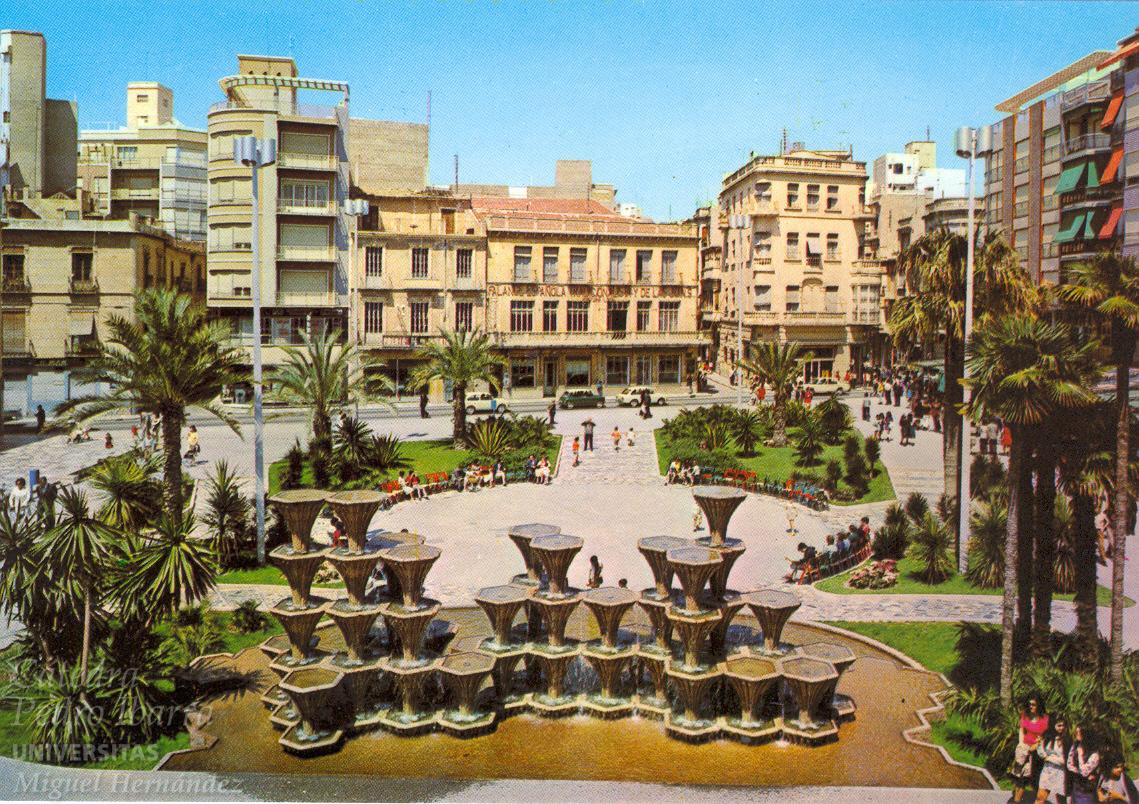
In 1952, Miguel Durán-Loriga y Rodrigáñez founded the Cerámica Artística Alfaraz (Alfaraz Pottery) in the town of Alcala de Henares, just north of Madrid. Durán-Loriga was a noted mid-20th century Spanish ceramicist, designer, architect and professor.
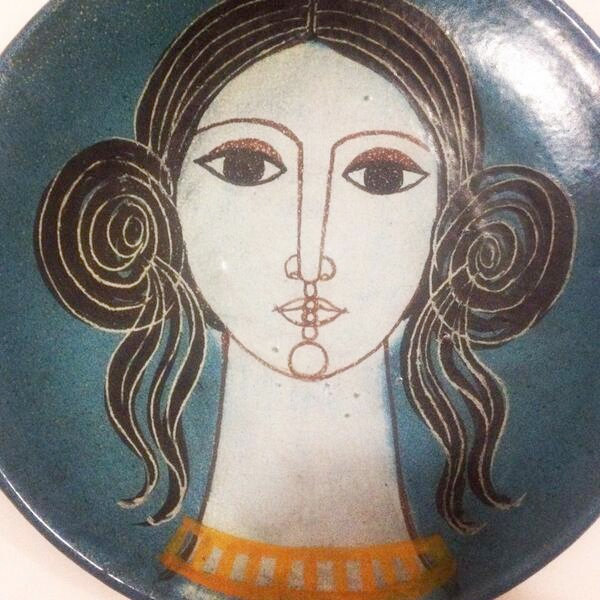
The factory had two rather disparate production lines. One produced small decorative items, gift boxes, vases, and imaginative figures of Spanish people and animals. These mid-century avant-garde designs are truly remarkable.
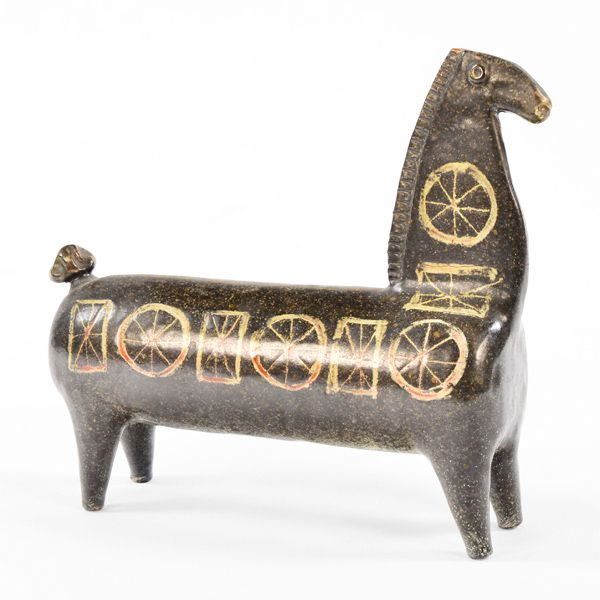
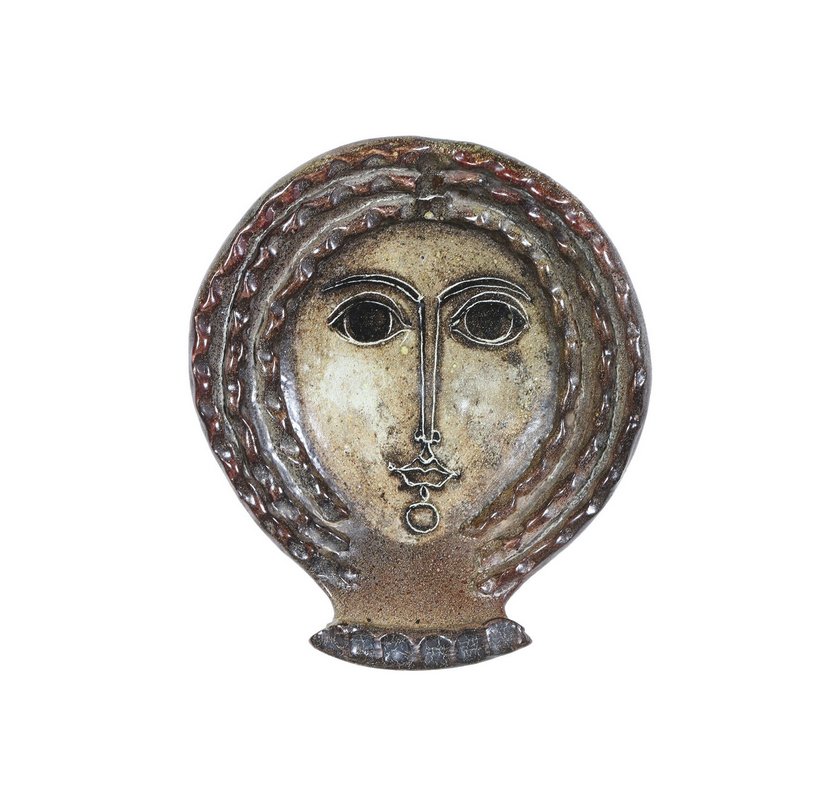
The other line produced architectural ceramic murals where Durán-Loriga’s artistry was fully expressed. He called his mural projects “paramentos”, which can be translated as “adornments” or “vestments.” Eventually he lost interest in the pottery and created a cooperative owned by the workers.
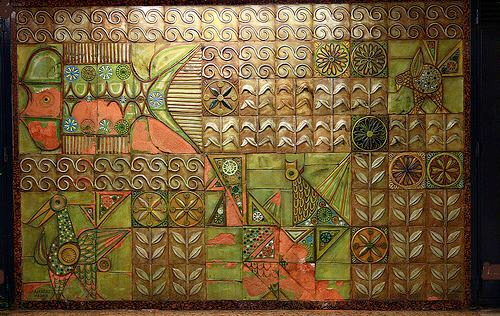
Durán-Loriga was the designer and architect of a revolutionary mid-century masterpiece, the fountain in the Plaza de la Glorieta in Elche, Spain (built in the late 1960s). Unhappily it was torn down; but, happily, the town recently rebuilt an exact replica of the fountain in the Parc Municipal.
The history of the European mid-century ceramics could not be written without a chapter to honor Durán-Loriga. Durán-Loriga defined his ethic in this way: “The precursor of the industrial designer is a craftsman.”
